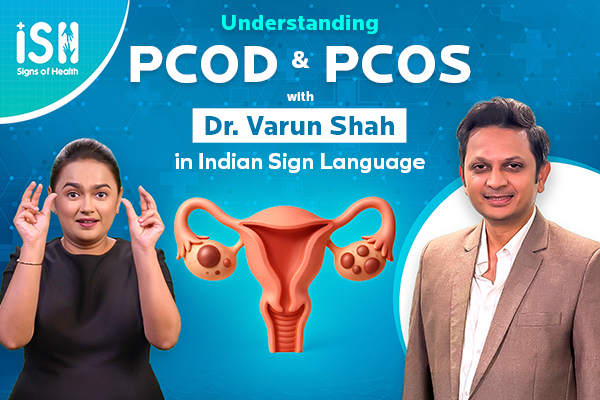Why Hindu Women Are Not Allowed at Shamshan Ghats?
There is a psychological and scientific reason why Hindu women are not allowed to perform and attend cremations. Watch this video to know them.
In the realm of Hindu customs and traditions, certain beliefs and practices have been subject to scrutiny and debate over the years. One such belief revolves around the participation of women in cremation rites, with many assuming that it is solely the prerogative of men. However, recent insights from Hindu priests and scholars shed light on the misconceptions surrounding this ancient custom.
Contrary to popular belief, there is no explicit ban in Hindu scriptures prohibiting women from visiting crematoriums or performing the last rites of their loved ones. In fact, women have the freedom to attend cremations if they wish, provided the family is agreeable to it. Moreover, in cases where a woman is the sole child of the deceased, she also holds the right to light the funeral pyre.
So why then are Hindu women often discouraged from participating in cremation rituals? The reasons behind this custom can be traced back to both psychological and scientific factors.
Psychologically, the emotional toll of witnessing a loved one's body being cremated can be particularly challenging for women, who tend to be more emotionally sensitive. The distressing sights and sounds associated with the cremation process, such as the body cramping up from heat or jerking involuntarily, can have a profound impact on a woman's mental well-being. Hence, in earlier times, it was common for emotionally stronger men to take on the responsibility of performing and attending cremations, while women remained behind to tend to household chores.
On a scientific note, the shared crematoriums used by Hindus pose a potential risk of infectious diseases being transmitted during the cremation process. As viruses and bacteria can linger in hair for up to two weeks, Hindu women, who traditionally have longer hair than men, may be more susceptible to infections and serve as carriers of disease. Given their proximity to children and their role in breastfeeding, there is also concern about the spread of infectious diseases to younger family members.
To mitigate these risks, it is customary for men in Hindu families to shave off their head hair when a death occurs, thereby reducing the likelihood of transmitting diseases. This practice aims to safeguard the health of family members, especially women and children, from potential infections.
As discussions surrounding Hindu customs continue to evolve, it is essential to challenge long-held beliefs with a nuanced understanding of their origins and implications. By debunking myths and embracing progressive interpretations, Hindu communities can foster inclusivity and gender equality in their cultural practices.







